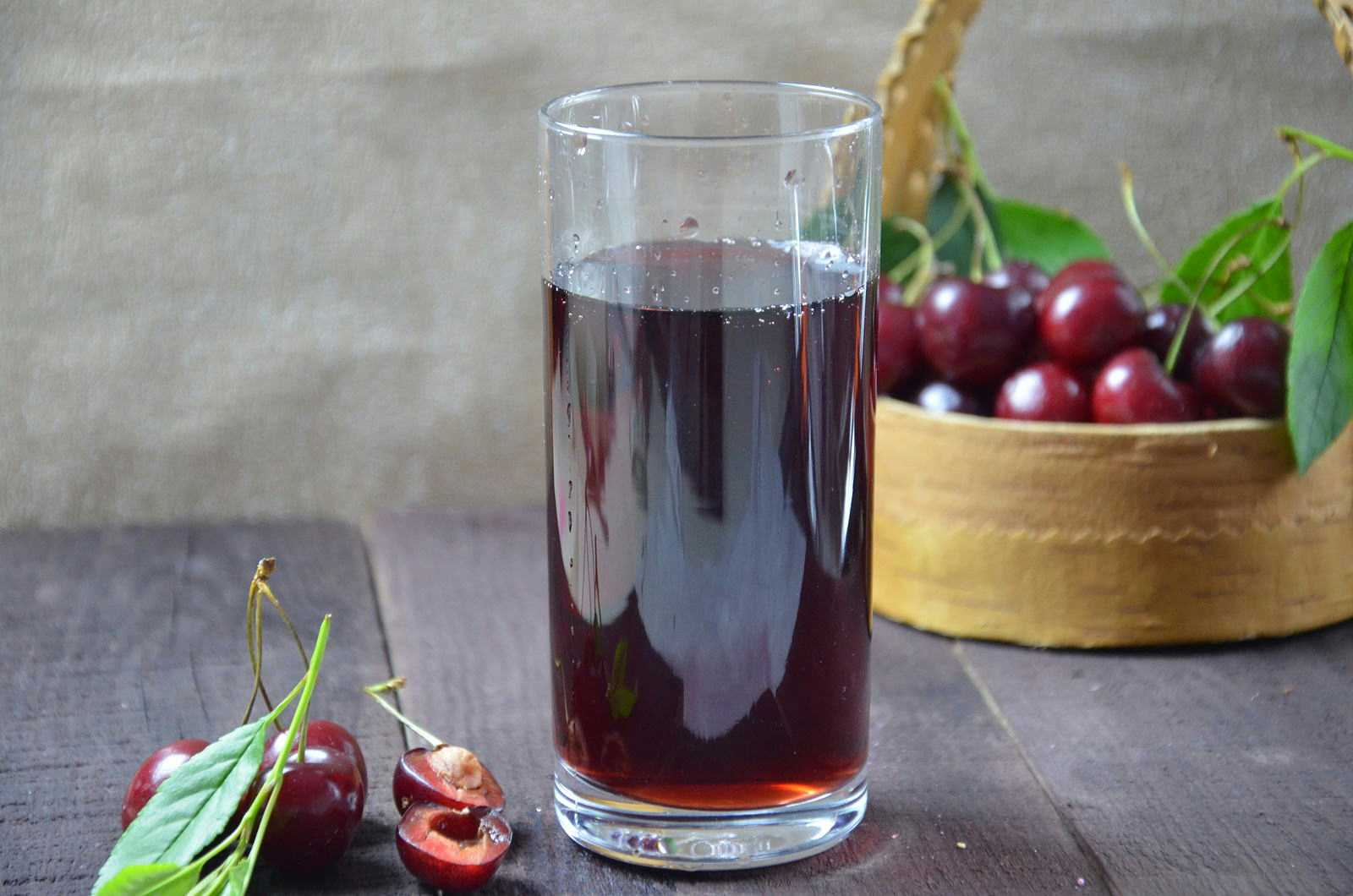
As with so many other things in our currently polarized climate, home remedies excite emotions. We hear from some readers who are delighted to learn about nondrug approaches to common health problems. Others are disdainful. Here is a recent critique from a skeptic (along with our response, of course).
Skeptic Dismisses Home Remedies as Worthless:
Q. I generally read your column with a high degree of suspicion. It is often biased toward unproven cures or alternative medicine. Instead, you should use information that is accurate and by the science book. I just don’t trust your take on things.
I could go on and on about misinformation I have seen in your column. There are headlines such as “Cherry juice for gout pain.”
Supplements and natural cures are scary territory, and snake oil never goes away. Whenever someone tells me to keep an open mind about such treatments, I find they are spouting alternative mumbo jumbo.
A. We love science and value well-controlled studies to establish the effectiveness of various remedies. We always seek research on the benefits and risks of dietary supplements, home remedies and pharmaceuticals. When we find data, we always include a citation.
Because home remedies and most natural products cannot be patented, big pharmaceutical firms usually are not interested in spending money to study them. They would have no way of recouping their investment. Consequently, scientists rarely conduct randomized controlled trials on home remedies. Occasionally they do, however, and sometimes the results are quite interesting.
Tart Cherries Against Gout:
You suggest that taking tart cherries for gout is a ridiculous idea. Yet research shows that consumption of tart cherry juice lowers uric acid in the bloodstream (Current Developments in Nutrition, Feb. 25, 2019). Because gout is associated with high levels of uric acid, lowering uric acid reduces the chance of an attack. A systematic review of six studies demonstrated fewer gout attacks when people were ingesting cherry juice or extract (Evidence Based Complementary and Alternative Medicine, Dec. 4, 2019).
Anyone who would like more information on this topic may want to listen to our podcast 1298: The Health Benefits of Tart Cherries. In it, we interviewed leading experts in sports medicine on their peer-reviewed research regarding tart cherries for physical and cognitive performance.
Don’t Talk About Remedies with Unknown Mechanisms:
Another skeptic scolded us for discussing any remedy unless we know how and why it works. Actually, if we followed that advice, we would have to leave out discussion of plenty of pharmaceuticals. Aspirin had been relieving pain and lowering fevers for nearly a century before a brilliant scientist figured out some of the details on how it works. Others may yet be discovered.
In just the past decade, researchers have figured out how a spoonful of yellow mustard helps reverse leg cramps. It all has to do with a set of ion channels called transient receptor potential (TRP) channels that were almost unknown until around the turn of the 21st century.
Vitamins Yes, Remedies No:
Here’s the objection from the skeptic:
Q. Why lower your credibility by writing about unproven remedies like keys down the neck or soap for leg cramps? Unless you have some idea of WHY a remedy works, don’t push it. There are a lot of gullible people out there, but don’t prey on them.
Current research on vitamin D is really exciting. Why not cover more about the many ways it can make life better?
A. We will continue to write about vitamin D, which is indeed exciting. We will also continue to share interesting stories about home remedies. If they might help, won’t hurt and don’t cost much, we think people appreciate such approaches.
Here is a recent example:
“As a young boy and into his teens, my son always had horrific nosebleeds. Even after cauterizations the nosebleeds were still strong and would start quite unexpectedly.
“I read in your column about dropping keys down the back to stop the bleeding. Luckily, in the midst of one of the worst nosebleeds he’d ever had (gushing with clots all over us and the floor), I remembered what I had read and sent my daughter to grab my car keys.
“Of course, the kids thought I had really lost it this time, but after dropping the keys down his back twice the bleeding immediately ceased. From that time on, whenever a nosebleed would start we grabbed keys and immediately dropped them down his back. If I wasn’t around, he would do it himself. I cannot begin to imagine why this works, but it has worked every time I have needed to use it. My son and I cannot thank you enough!”

